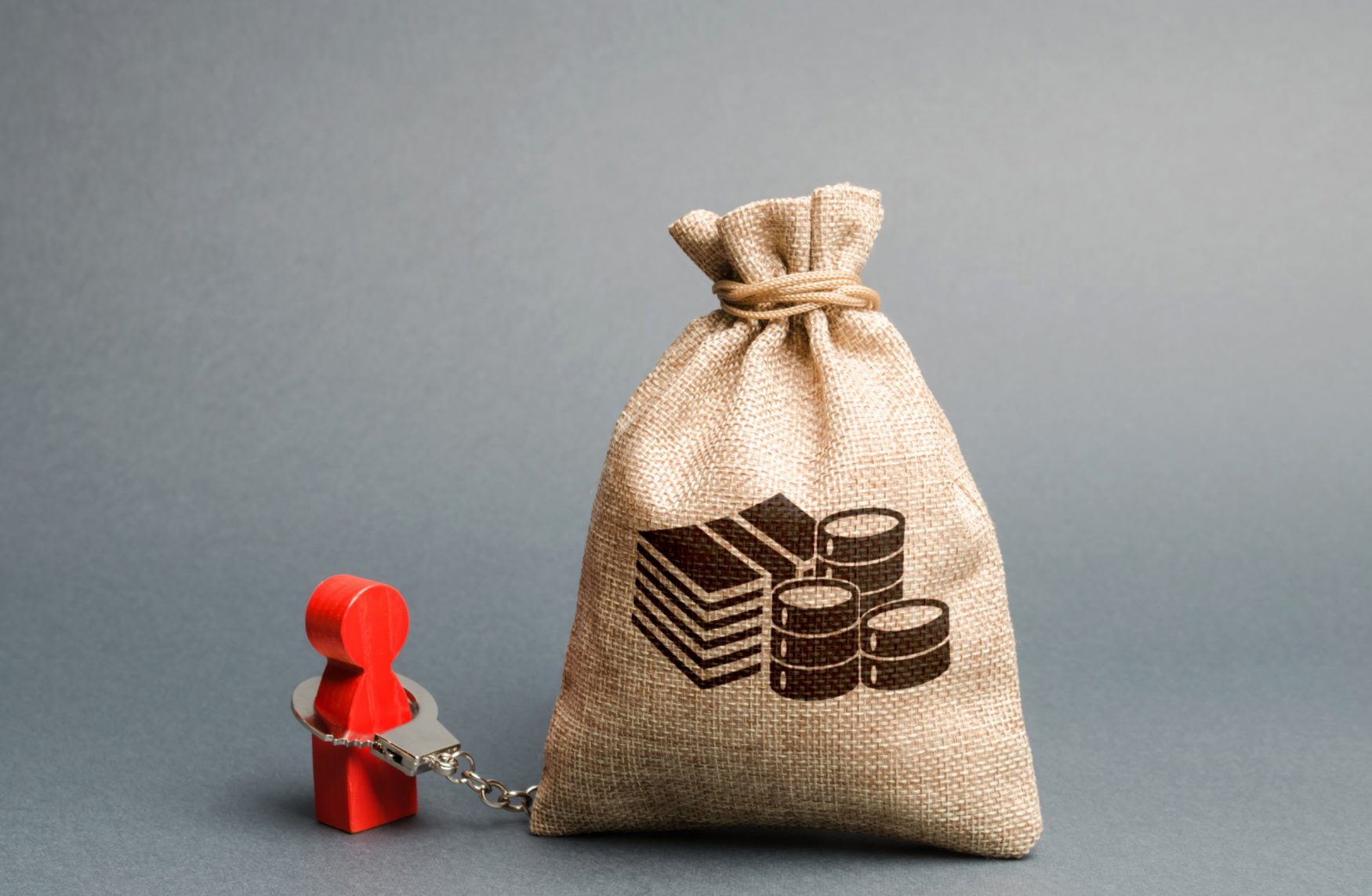
How the Federal Reserve Hurts You
How the Federal Reserve Hurts Ordinary Citizens is Through Enslaving Us to a Permanent State of Debt. We Must Abolish the Fed and Regain Control of America.
The idea of having a central bank like the Federal Reserve was not actually an option that could have been shared by the Founding Fathers.
They anticipated how the Federal Reserve hurts normal hard working citizens and fought against it for many years.
The recent turn of events strongly pinpoint the errors that the Federal Reserve has made, and has sent people into a state of sadness.
The major danger of the Reserves is that it causes inflation in the country that could result in spiraling the cost of living and make life unbearable for the ordinary American people.
This occurs when the bank devalues the value of dollar by printing more and more money, serving as a federal fiscal agent to help finance a budget deficit.
Only a few Americans realize how the Federal Reserve hurts, but the fact that the bank sometimes could not make alleviating advances or open market purchases in the course of financial panic, as it is presently, may result in dire financial difficulties for ordinary people: and if left unchecked, this may lead to a protracted financial insecurity, financial crunches, hurting economic recession and long-lasting depression.
As it is today, many homeowners would lose their precious homes, jobs would be lost in great numbers and families would be broken due to financial incapability on the parts of the spouses.
During the Great Depression, history has highlighted how the Federal Reserve hurts in those days: banks that were nonmembers of the Reserves didn’t receive financial support from the Federal Reserve.
In other words, they were allowed to fold up with the public funds in them, crippling businesses, lives and other corporate entities.
Disappointing the Public
The Great Depression revealed the flaws of the Federal Reserve, as the bank it could not organize enough market purchases that could have been injected into the ailing, nonmember banks and salvage them as it did to the member banks.
And it didn’t make enough Federal Reserve notes for the public to use, so as to reduce the effect of inflation that was ravaging people’s standards of living at that time.
Has the Federal Reserve’s attitude to the nonmember banks and public plight changed since then?
It is hard to say: because the Federal Reserve doesn’t mainly belong to the Government of the United States as more private hands (in form of private banks) invest in the bank.
How Reliable is the Federal Reserve?
This almost makes it impossible to predict a level playing in financial regulatory function carried out by the Federal Reserve, as the desires of the private shareholders would always be given a preferential consideration.
Then comes the important issue of auditing: who audits the Federal Reserve, and by what standards?
Most reports indicate that the Federal Reserve is not usually properly audited, and being a central entity, could not be subjected to a certain banking standards as expected of other commercial banks.
But it helps a lot if the public could be aware of how the Federal Reserve hurts; even though they may not possess the direct power to influence how the Federal Reserve is run, but it is possible to influence the desires of the shareholders, which are banks the public puts their hard-earned funds into.

 My First Amazing Ayahuasca Experience
My First Amazing Ayahuasca Experience  Pine Needle Tea
Pine Needle Tea  The REAL Controllers of Humanity: The Papal Bloodlines
The REAL Controllers of Humanity: The Papal Bloodlines  Is it Global Warming or Cooling?
Is it Global Warming or Cooling?  Gun Rights and Obama Examined
Gun Rights and Obama Examined